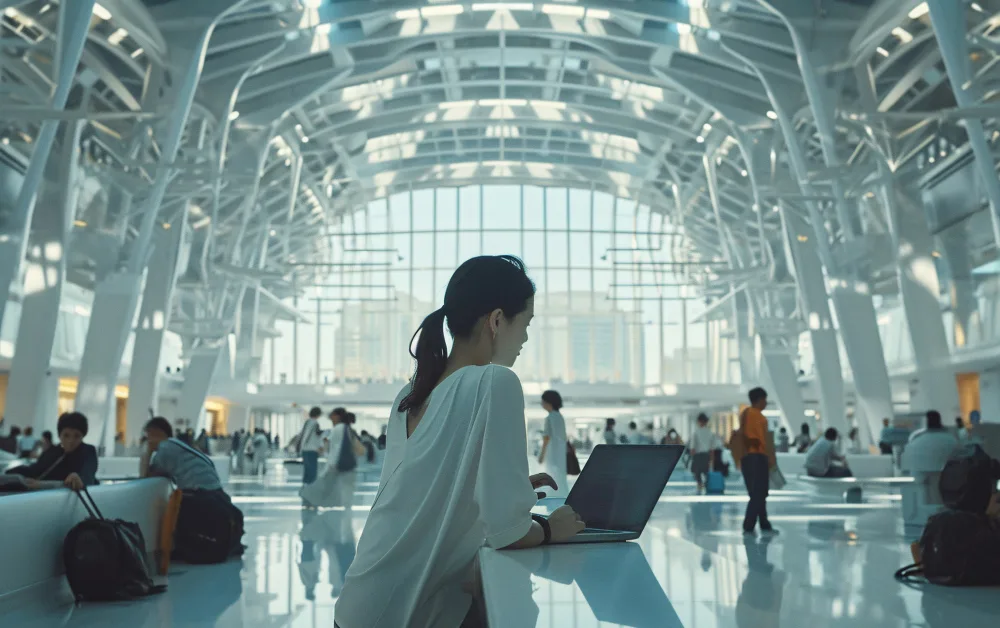
A strong typhoon swept through our region on the first day of the conference, disrupting internet access and preventing me from joining the sessions live. It was a frustrating start, but it also reminded me of the resilience that defines both our communities and the tourism industry itself.
Thanks to updates shared by fellow attendees, I was able to follow the highlights, including the powerful keynote by Prof. Emeritus Dr. Jafar Jafari. His insights on sustainability, innovation, and collaboration were energizing, even from afar. Missing the live sessions was disappointing, but it underscored the strength of our global community, one that continues to learn and grow, even in the face of adversity.
By Day 2, I was finally able to join the sessions virtually. The morning panel, “Envisioning the Importance of Sustainable Tourism and Industry Response in 2050,” was bold and thought-provoking. One idea that struck me deeply was the assertion that “sustainable tourism is a myth.”
The panelists challenged conventional thinking, arguing that the moment we travel, we consume resources making true sustainability elusive. Tourism, they said, is a mindset shaped by access and purchasing power. If sustainability becomes a privilege, are we heading toward elitist tourism? These provocations made me reflect on how we, as educators and practitioners, must guide future tourism professionals to be ecologically sensitive and socially aware.
The afternoon sessions featured relevant technical presentations, and I was proud to witness my student, Ms. Rachel Laleo, a third-year tourism student at the University of the Cordilleras, College of Hospitality and Tourism Management, present her research titled “Tourist Motivations in Focus: Contrasting Push and Pull Factors in Tuba’s Adventure Tourism.” The presentation explored what motivates tourists to engage in soft versus hard adventure tourism in Tuba, Benguet. Using qualitative interviews, it identifies distinct motivations, like relaxation for soft adventures and thrill-seeking or hard ones. Her clarity, confidence, and commitment to local tourism development were inspiring.
Although we didn’t win any awards, the experience was invaluable. It was a reminder that recognition isn’t always measured in trophies, it’s found in the courage to contribute, the willingness to learn, and the joy of representing our Filipino pride on a global stage.
ICOHT 2025 was more than a conference, it was a journey through disruption, dialogue, and discovery. It challenged my assumptions, deepened my understanding, and reaffirmed my commitment to shaping a more thoughtful and inclusive tourism industry.
I’m grateful to the organizers, fellow attendees, and especially those who shared their photos and insights, helping me stay connected even when I couldn’t be there in person. As we look toward 2050, may we continue to ask hard questions, embrace diverse voices, and build a future where tourism is not just sustainable but truly meaningful.